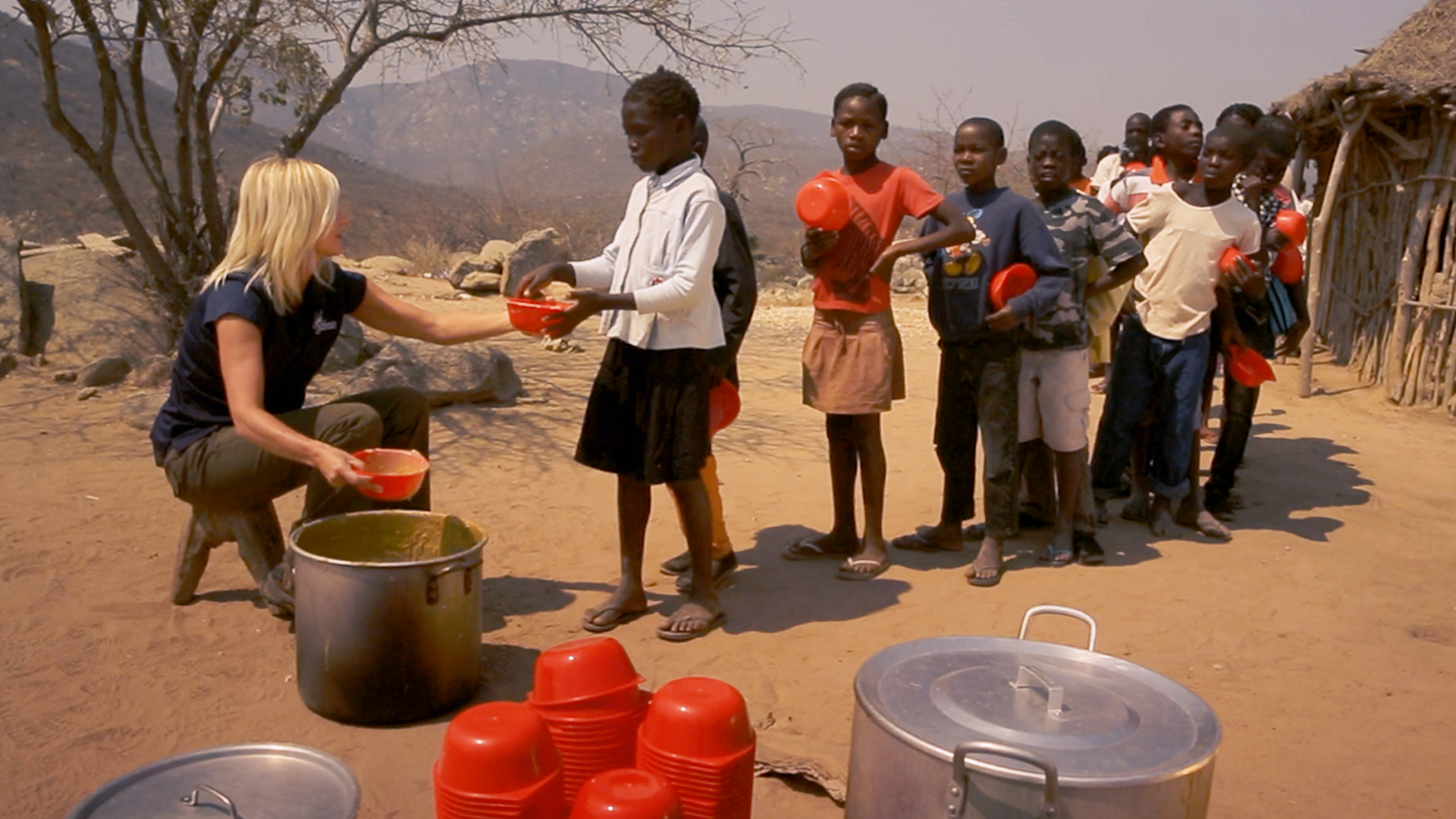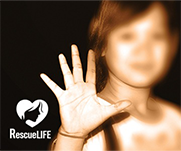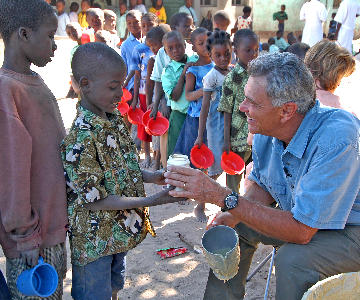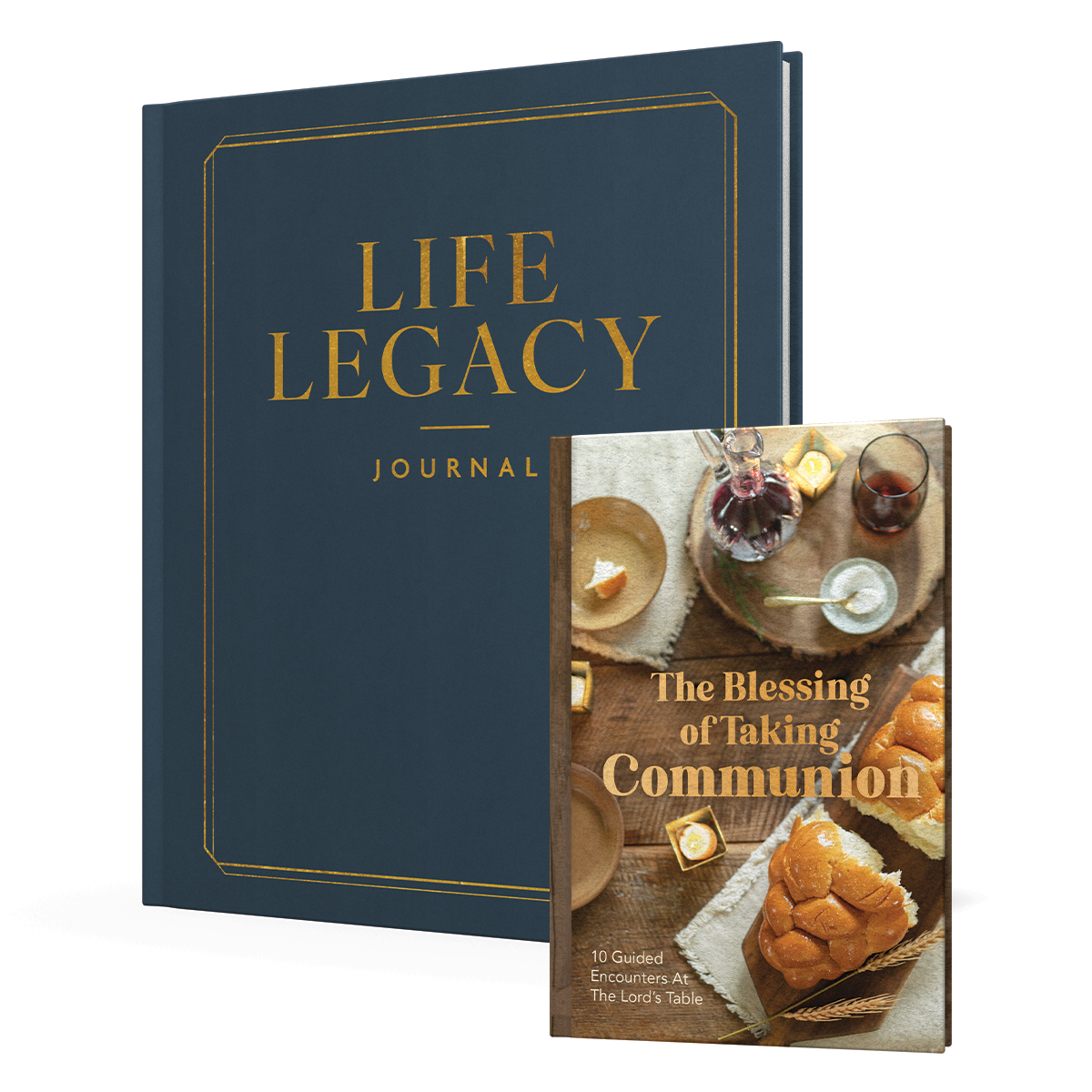The Rocky Mountains are my favorite vacation destination. I live in a flat, hot, crowded part of Texas, but my heart is at 10,000 feet. Winter or summer, I’d rather be in Colorado. If I take the scenic route, the Royal Gorge is on the way. Over 1,000 feet above the Arkansas River stretches America’s highest suspension bridge. It is 1,260 feet long, 18 feet wide, and will support more than 2 million pounds.
I have boldly walked across this bridge. Why? Because I trust it. I feel secure and safe, despite the deadly fall that would result from some structural failure. My wife, who doesn’t like heights, hates it. But I enjoy it. It’s thrilling to look down at the river and around at the mountains. But it wouldn’t work without trust. Fear would reign if I didn’t have total faith that the bridge would protect me from certain death. I believe in the integrity of the bridge and trust the engineers who built it and maintain it.
All of us exhibit this kind of trust on a routine basis. We drive at high speeds in our cars, get on elevators that zip us hundreds of feet straight up, work in buildings without fear that the roof will collapse, and carry on our lives in dozens of ways that require trust. We even do this despite evidence that such trust is sometimes broken. While structural accidents kill a relatively small number of people each year, it does occur. Yet most of us rarely even think about it. We unconsciously go through each day with an amazing level of trust, never questioning the ability or motives of those who design, build, and maintain the world around us. If only we could trust a perfect God as much as we trust imperfect people!
“O Lord of hosts,” the psalmist wrote, “How blessed [‘esher] is the man who trusts [batach] in You!” (Psalm 84:12, NAS) The Hebrew noun ‘esher means “happiness” or “blessedness.” Though it’s translated here as an adjective, it’s more accurate to express it as the noun it actually is. The verb here is batach, which is most often translated as “trust,” but is also expressed as being bold, secure, and safe. It’s fair to look at this passage as, “The man who is bold and secure in God will have blessings and happiness.”
God is more reliable than any manmade structure. When we truly trust God, we feel secure and safe despite the dangers around us. We walk boldly, certain that His foundation is solid. Even the things that can destroy the temporary body cannot touch the eternal soul. We do not fear. In this, there is abiding peace and joy.
“The Lord is my strength and my shield; My heart trusts in Him, and I am helped; Therefore my heart exults, and with my song I shall thank Him.” (Psalm 28:7, NAS)
Unlike bridges we can see, inspect, and test for structural soundness, trust in God requires a different and deeper type of conviction. Complete trust in God is predicated on two important conditions.
While I was a student at Oral Roberts University, I heard the founder declare, “God is a good God!” This simple truth is foundational to the Christian life. If God was not good, then He could not be trusted. If al-Qaeda owned Boeing, none of us would ever get on an airplane. If we suspected someone held evil intentions toward us, we would not trust our lives to them. To do so would be crazy. That is why many people can’t fully trust God – they question His goodness.
God’s goodness and our ability to trust Him are inseparable. It would be irrational to worship a god who wasn’t good all the time. We may bow to such a god out of fear, but we would be understandably suspicious of him. Thankfully, goodness is a fundamental characteristic of God. It is His nature, which is why it is one of the fruits of His Holy Spirit’s presence in us, and we can trust in Him because of it.
The other key attribute necessary for trust is wisdom.
My kids’ school has an annual event where the students build boats out of cardboard and duct tape. In their science class, they learn the principles of buoyancy, then take a field trip to the city natatorium to test their boats in the swimming pool. They race from one side of the pool to the other, but the real test is whether or not their boats will stay afloat long enough to make the short trip. Most sink.
These children are far from experts at shipbuilding and the materials they use are woefully insufficient. It is possible to build a boat from cardboard and duct tape, but most kids lack the know-how to pull it off. The ones that float barely make it. Despite the students’ best intentions, they possess inadequate engineering knowledge and experience.
If God lacked the wisdom to handle all of the storms of mankind, His intentions wouldn’t matter. We might want to trust Him, but it would be difficult. Thankfully, that’s not the case.
“With Him are strength and sound wisdom,” according to Job. (Job 12:16, NAS) Daniel said, “Let the name of God be blessed forever and ever, for wisdom and power belong to Him. (Daniel 2:20, NAS) Jeremiah stated that the Lord “established the world by His wisdom.” (Jeremiah 51:15, NAS) James wrote that God’s wisdom is “first pure, then peaceable, gentle, reasonable, full of mercy and good fruits, unwavering, without hypocrisy.” (James 3:17, NAS)
Not only is God wise, but He also fully understands the human condition. We were created in His image, according to His likeness. He is able to search our thoughts and intentions. Through Jesus Christ, who was fully divine and fully human, God experienced the full range of human emotions and weaknesses. Jesus was tempted, hungry, tired and lonely. He felt pain, sadness, joy, indignation and betrayal. Though He never sinned, He knows the trials we face. The difference between us and Him is that He conquered them. Now, He offers His victory to each of us.
God is both wise and good. Because He knows everything about His creation and desires good things for us, we can trust Him. When we trust Him, we can rejoice through the good times and the bad.
Excerpted from “God Wants You To Be Happy,” copyright © 2012 James R. Robison. Published by Harvest House Publishers, Eugene, Oregon 97402. Available with any gift toward LIFE’s Christmas Shoes and Smiles.










